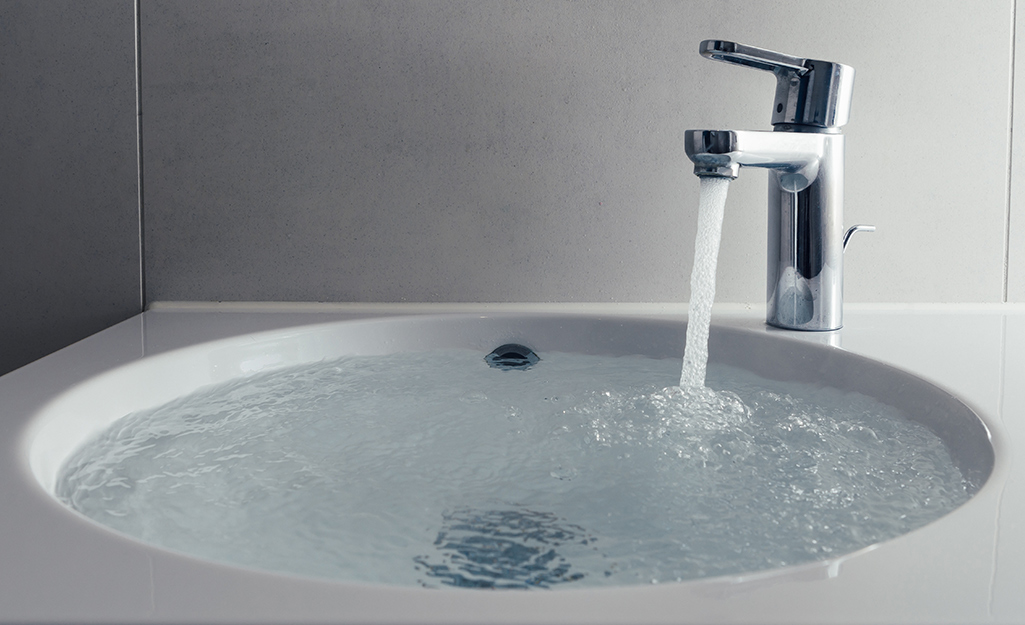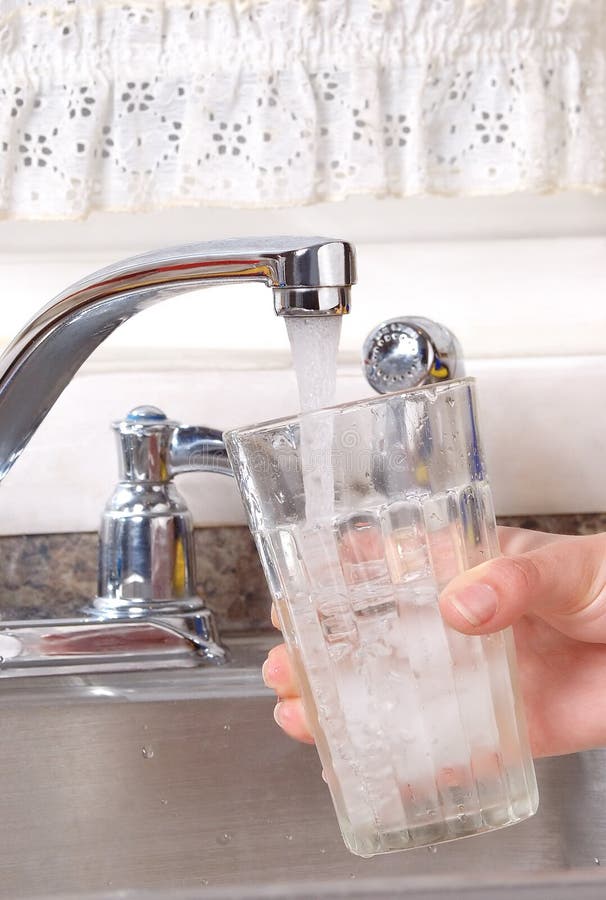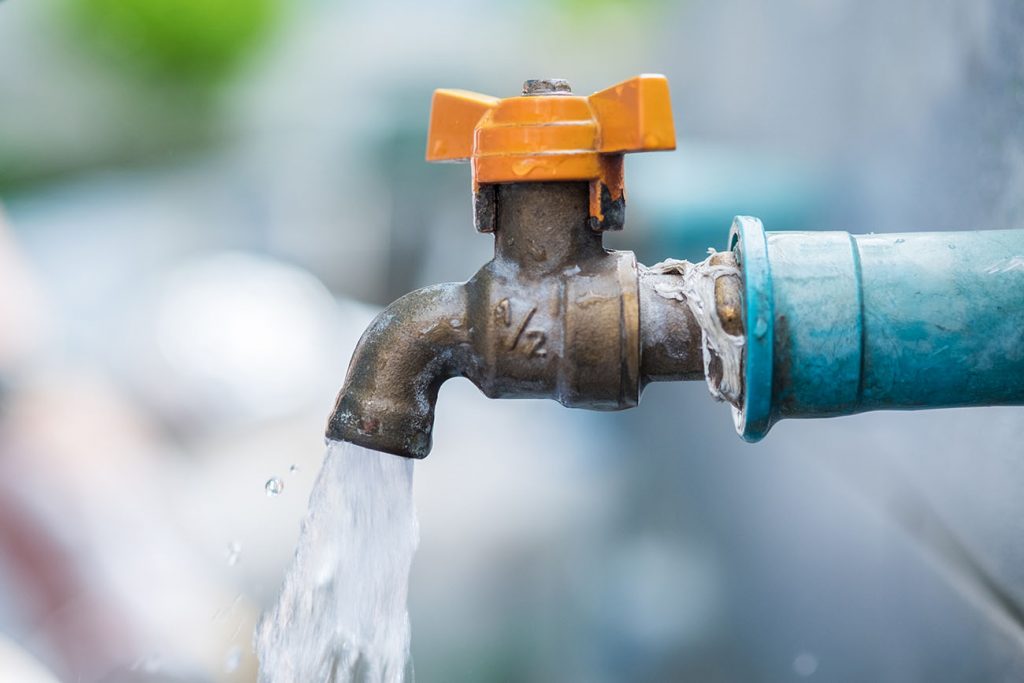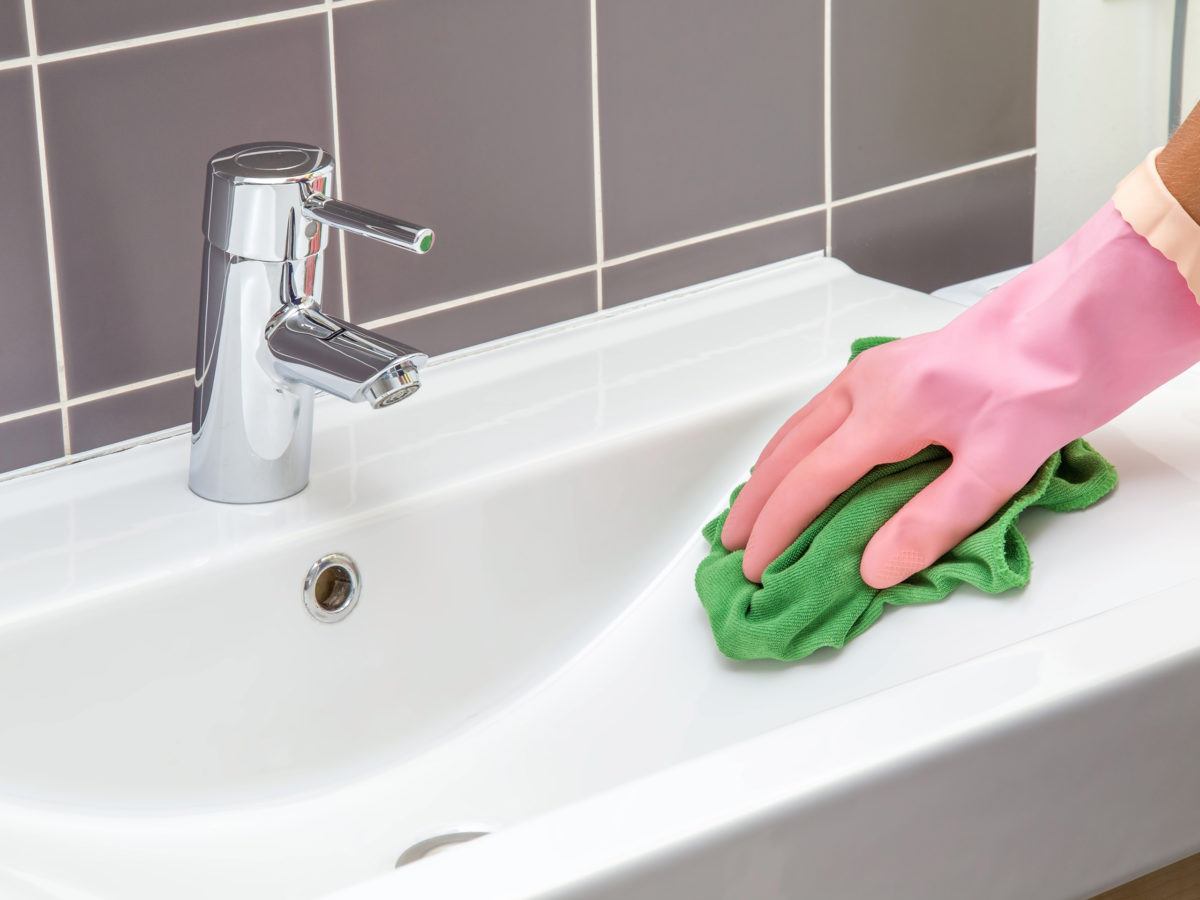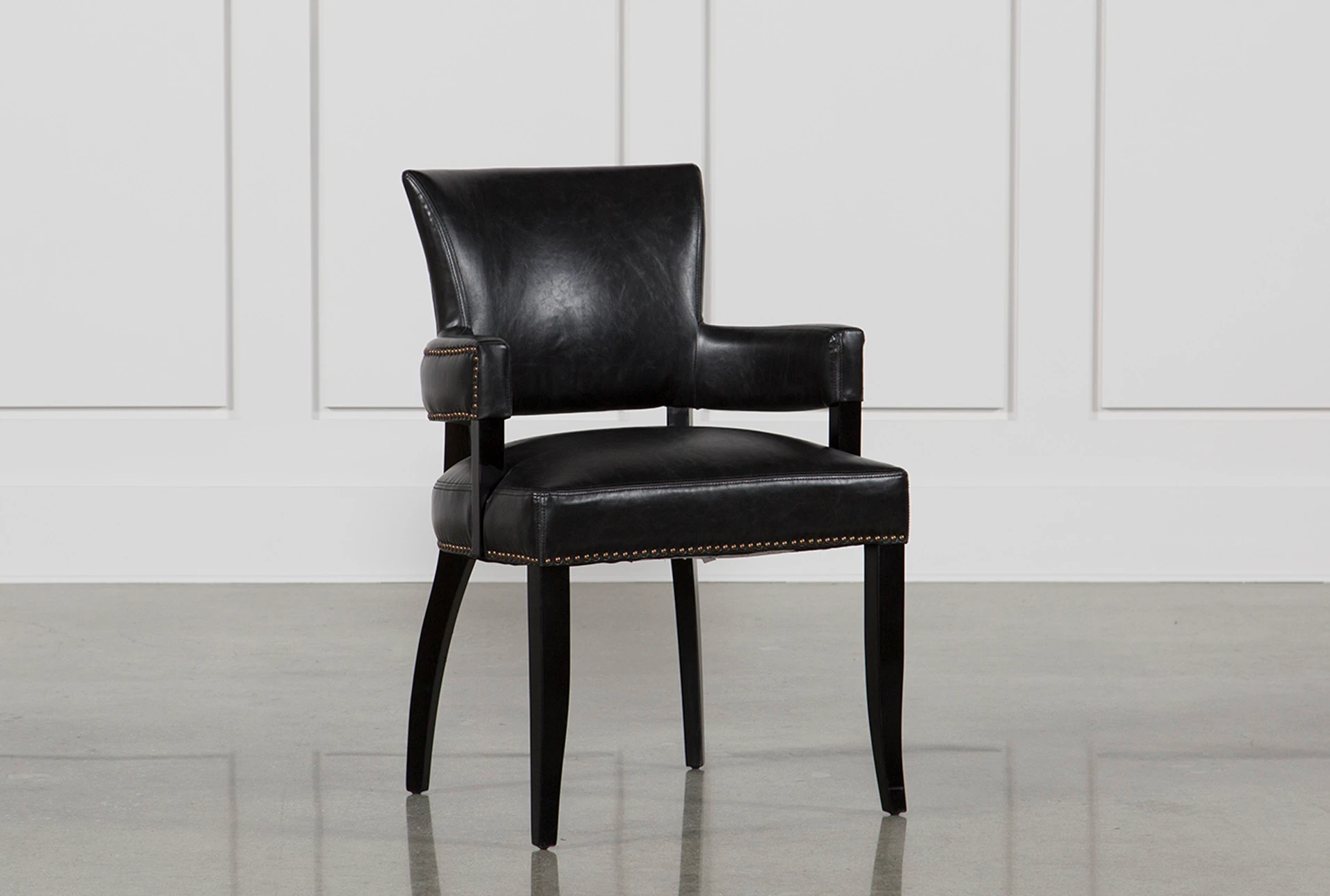When it comes to the water we use in our homes, we often take it for granted that it is clean and safe to use. But have you ever stopped to think about the differences between the water that comes out of your bathroom sink and the water from your kitchen tap? In this article, we will explore the main differences between bathroom and kitchen tap water, and whether or not it is safe to drink from your bathroom sink.Water Quality: Bathroom vs. Kitchen
Many people wonder if the water from their bathroom sink is safe to drink. The answer is not a simple yes or no. The quality of water can vary depending on where you live, the type of plumbing in your home, and the source of your water. In general, bathroom sink water is considered safe to drink, as it comes from the same source as your kitchen tap water. However, there are some things to consider.Is Bathroom Sink Water Safe to Drink?
One of the main differences between bathroom and kitchen tap water is the level of filtration. In most cases, the water from your kitchen tap goes through a filtration system before it reaches your faucet. This helps to remove impurities and make the water safe for drinking. However, not all homes have the same level of filtration, and some may only have basic filters that do not remove all contaminants. On the other hand, the water from your bathroom sink may not go through any filtration process at all. This means that it may contain more impurities and have a slightly different taste. This is because the water in your bathroom is primarily used for washing and cleaning, so it is not always necessary for it to be as clean as the water you drink.Comparing the Quality of Bathroom and Kitchen Tap Water
Now, back to the original question - is the water from your bathroom sink safe to drink? As mentioned earlier, in most cases, it is safe to drink. However, if you have concerns about the quality of your water, it is always best to have it tested. You can do this by purchasing a water testing kit or contacting your local water company for a water quality report. In some cases, the water from your bathroom sink may not be suitable for drinking due to high levels of certain contaminants. These can include bacteria, lead, and other harmful substances that can cause health issues if consumed regularly. If you do find that your bathroom sink water is not safe to drink, it is important to take the necessary steps to improve the quality of your water.Is the Water from Your Bathroom Sink Safe to Drink?
Apart from filtration, there are other differences between bathroom and kitchen tap water that may affect its quality. For example, the water in your bathroom may sit stagnant for longer periods of time, leading to the growth of bacteria and other microorganisms. This is because it is not used as frequently as the water in your kitchen, which is constantly running. In addition, the pipes and plumbing in your bathroom may be older and more susceptible to contamination. This can happen if the pipes are made of materials such as lead or if there are leaks or breaks in the pipes. The water from your kitchen tap, on the other hand, may have newer and more efficient plumbing systems, reducing the risk of contamination.Understanding the Differences Between Bathroom and Kitchen Tap Water
As mentioned earlier, the water from your bathroom sink may not go through any filtration process. However, this does not mean that you cannot install a filter to improve the quality of your water. There are various types of filters available, such as reverse osmosis filters or activated carbon filters, that can help remove impurities and make your bathroom sink water safe to drink.Is Bathroom Sink Water Filtered?
Another notable difference between bathroom and kitchen tap water is the taste. As mentioned earlier, the water in your bathroom may have a slightly different taste than the water from your kitchen tap. This is due to the varying levels of filtration and the presence of different minerals and contaminants in the water. Some people may prefer the taste of one over the other, but ultimately, both should be safe to drink.Comparing the Taste of Bathroom and Kitchen Tap Water
You may be wondering if the water from your bathroom sink is treated differently than the water from your kitchen tap. In most cases, the answer is no. Both sources of water usually come from the same municipal water supply and go through the same treatment process. However, as mentioned earlier, the level of filtration may differ, which can affect the quality of the water.Is Bathroom Sink Water Treated Differently?
In conclusion, while there are some differences between bathroom and kitchen tap water, both are generally safe to drink. However, it is always a good idea to have your water tested and consider installing a filtration system if you have concerns about the quality of your water. Remember, the water we use and consume is essential to our health, so it is important to be aware of any potential issues and take steps to ensure the safety of our water.Exploring the Differences in Bathroom and Kitchen Tap Water
In summary, both bathroom and kitchen tap water come from the same source, but the level of filtration and quality may differ. While the water from your bathroom sink may not be as clean as the water from your kitchen tap, it is generally safe to drink. However, it is always a good idea to be aware of the differences and take steps to improve the quality of your water if necessary.Is Bathroom Sink Water as Clean as Kitchen Water?
The Importance of Water Quality in House Design

The Role of Water in Our Daily Lives
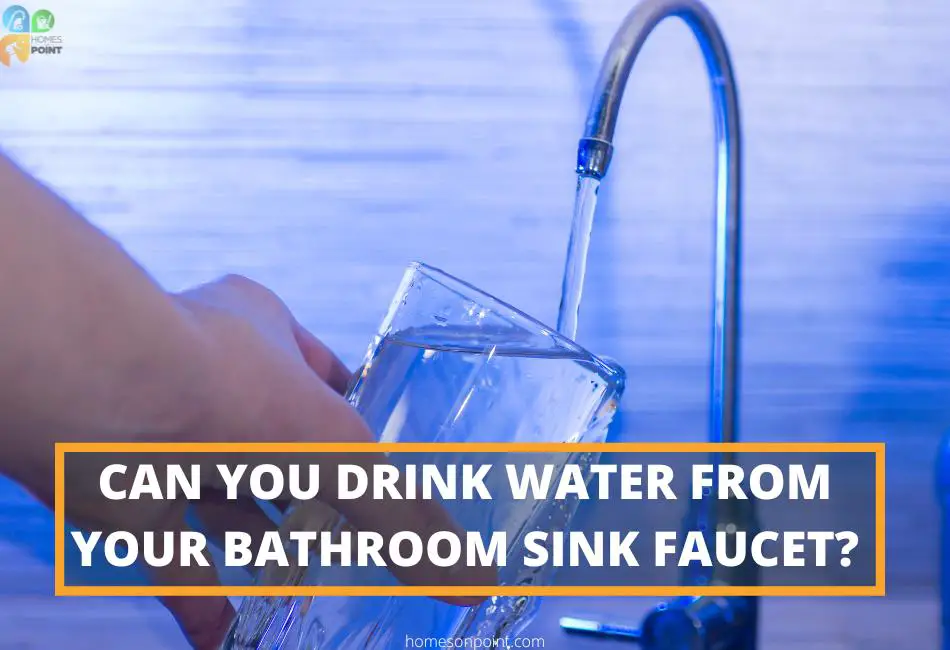 Water is an essential element in our daily lives, and we use it for various purposes, including drinking, cooking, cleaning, and personal hygiene. Therefore, it is crucial to make sure that the water we use in our homes is of high quality. This brings us to the question: is bathroom sink water the same as kitchen water? While they both come from the same source, there are certain differences that make it important to consider the quality of water in different areas of our homes.
Water is an essential element in our daily lives, and we use it for various purposes, including drinking, cooking, cleaning, and personal hygiene. Therefore, it is crucial to make sure that the water we use in our homes is of high quality. This brings us to the question: is bathroom sink water the same as kitchen water? While they both come from the same source, there are certain differences that make it important to consider the quality of water in different areas of our homes.
The Source of Water in Our Homes
/close-up-of-overflowing-bathroom-sink-90201417-579787783df78ceb865822d8.jpg) Most homes receive their water supply from a municipal water system, which collects water from various sources such as lakes, rivers, and underground aquifers. This water then goes through a treatment process to remove any impurities and make it safe for consumption. However, the type and level of treatment may vary depending on the location and source of the water.
Most homes receive their water supply from a municipal water system, which collects water from various sources such as lakes, rivers, and underground aquifers. This water then goes through a treatment process to remove any impurities and make it safe for consumption. However, the type and level of treatment may vary depending on the location and source of the water.
The Differences in Water Quality
 While both kitchen and bathroom sink water come from the same source, the quality may differ due to various factors. For example, the pipes that deliver the water to different areas of the house may be made of different materials, which can affect the taste and quality of the water. Additionally, the water may pick up contaminants from the pipes, such as lead or bacteria, as it travels through them.
While both kitchen and bathroom sink water come from the same source, the quality may differ due to various factors. For example, the pipes that deliver the water to different areas of the house may be made of different materials, which can affect the taste and quality of the water. Additionally, the water may pick up contaminants from the pipes, such as lead or bacteria, as it travels through them.
The Impact on House Design
 The quality of water in our homes can have a significant impact on our health and well-being, as well as the design of our houses. For instance, if the water in our kitchen is of lower quality, it may affect the taste and quality of the food we cook. Similarly, if the water in our bathroom is not of high quality, it may affect our personal hygiene and the cleanliness of our bathroom fixtures.
The quality of water in our homes can have a significant impact on our health and well-being, as well as the design of our houses. For instance, if the water in our kitchen is of lower quality, it may affect the taste and quality of the food we cook. Similarly, if the water in our bathroom is not of high quality, it may affect our personal hygiene and the cleanliness of our bathroom fixtures.
Ensuring High-Quality Water in Our Homes
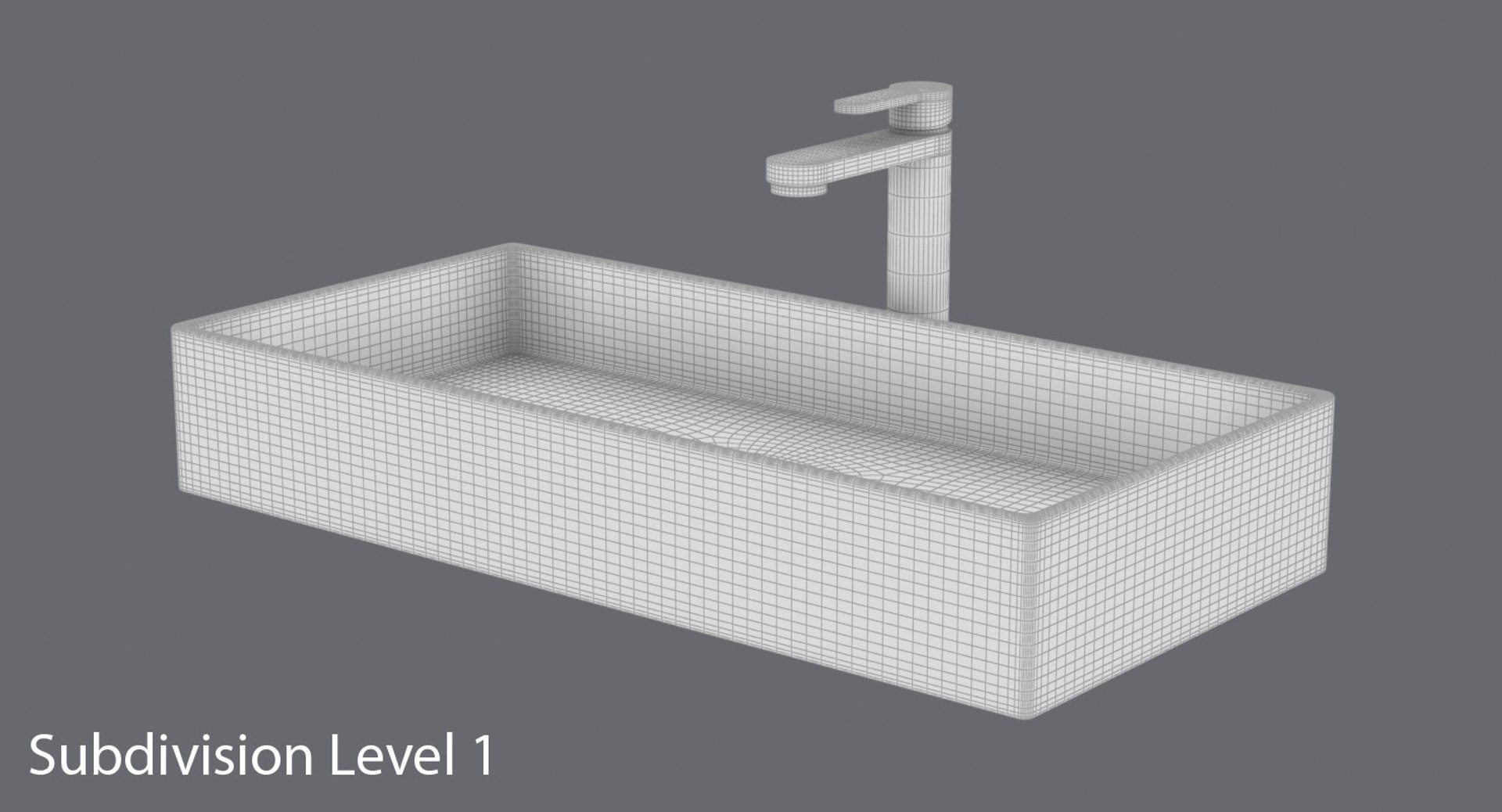 To ensure that the water in our homes is of high quality, it is important to invest in a water filtration system. This can help remove any impurities and improve the taste and quality of the water. Additionally, regular maintenance of pipes and fixtures can also help prevent contamination and ensure that the water in our homes remains safe for use.
To ensure that the water in our homes is of high quality, it is important to invest in a water filtration system. This can help remove any impurities and improve the taste and quality of the water. Additionally, regular maintenance of pipes and fixtures can also help prevent contamination and ensure that the water in our homes remains safe for use.
In Conclusion
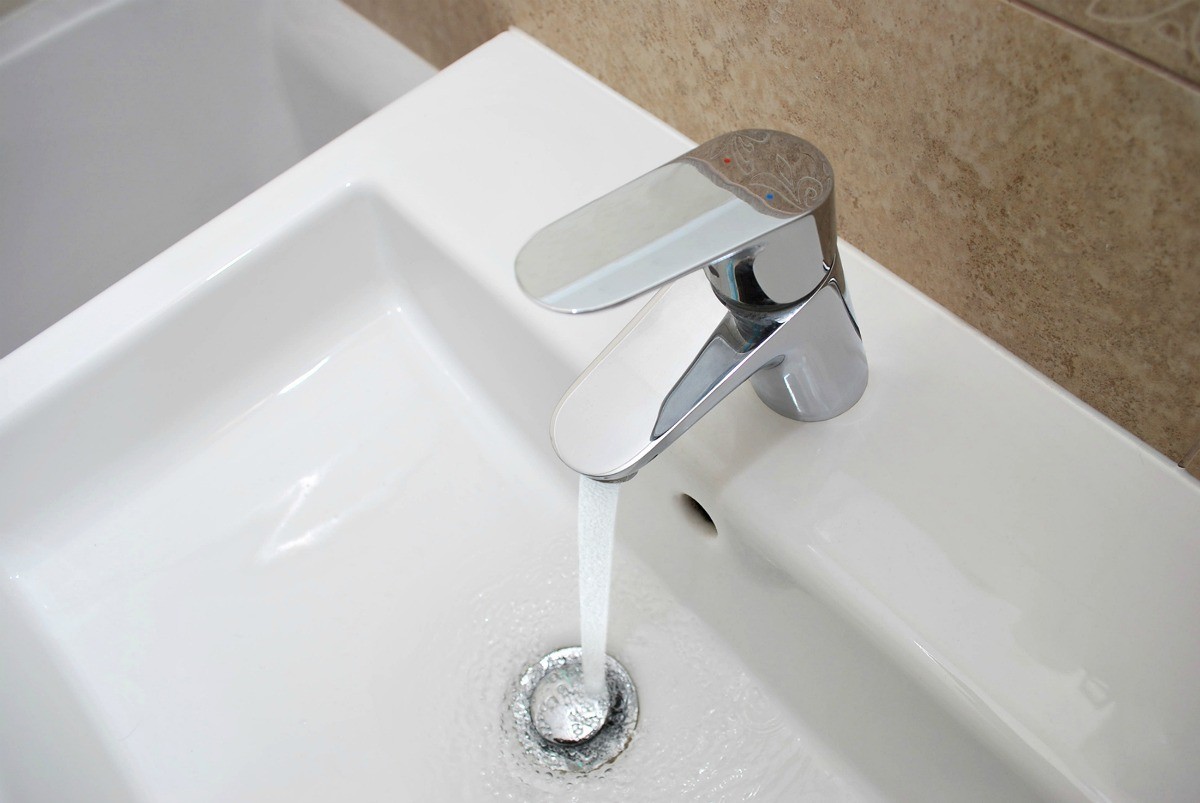 In conclusion, while bathroom sink water and kitchen water may come from the same source, there can be differences in their quality. As such, it is crucial to consider the importance of water quality in house design and take necessary measures to ensure that the water in our homes is safe for consumption. By doing so, we can not only improve our health and well-being but also enhance the overall design and functionality of our houses.
In conclusion, while bathroom sink water and kitchen water may come from the same source, there can be differences in their quality. As such, it is crucial to consider the importance of water quality in house design and take necessary measures to ensure that the water in our homes is safe for consumption. By doing so, we can not only improve our health and well-being but also enhance the overall design and functionality of our houses.
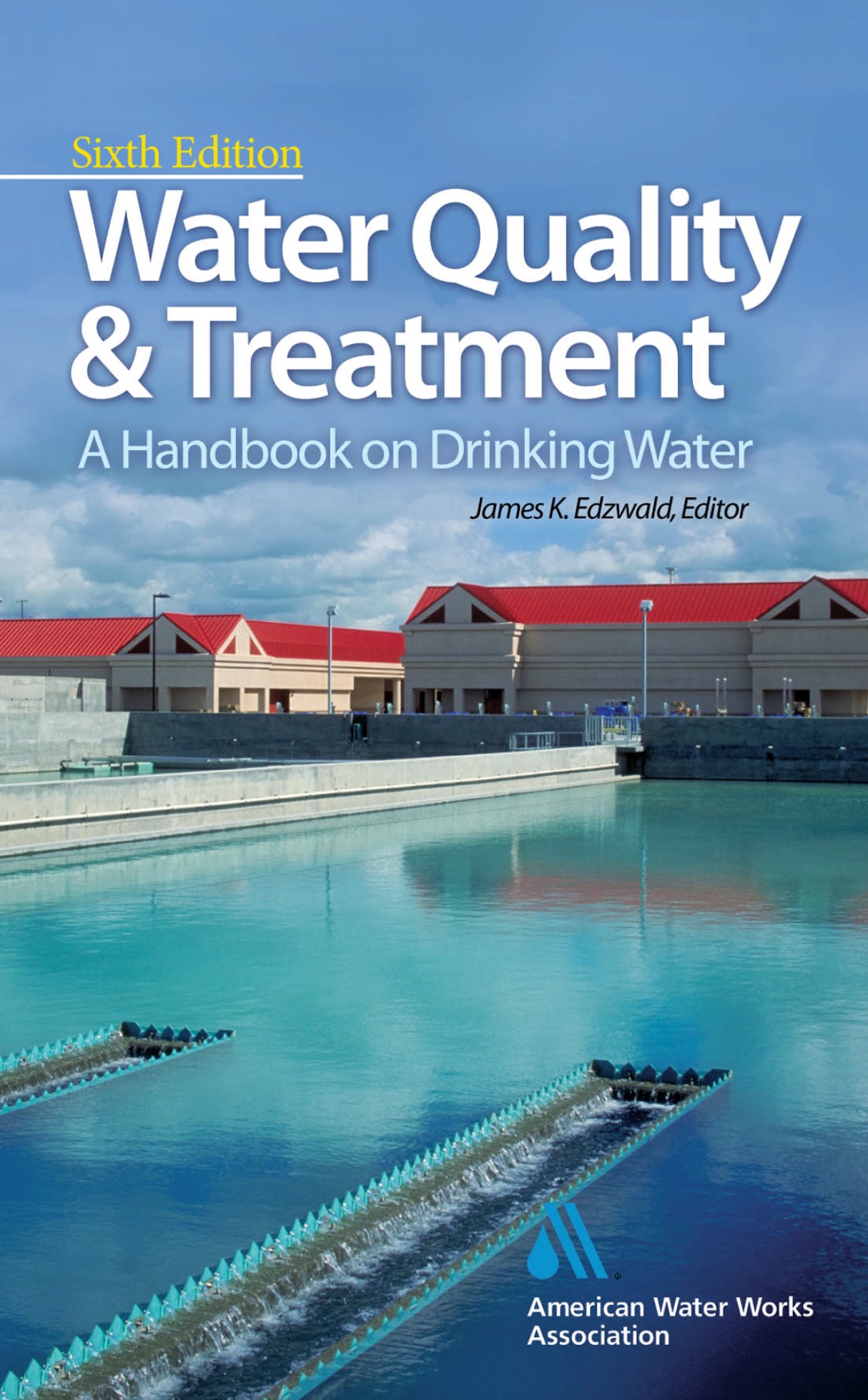


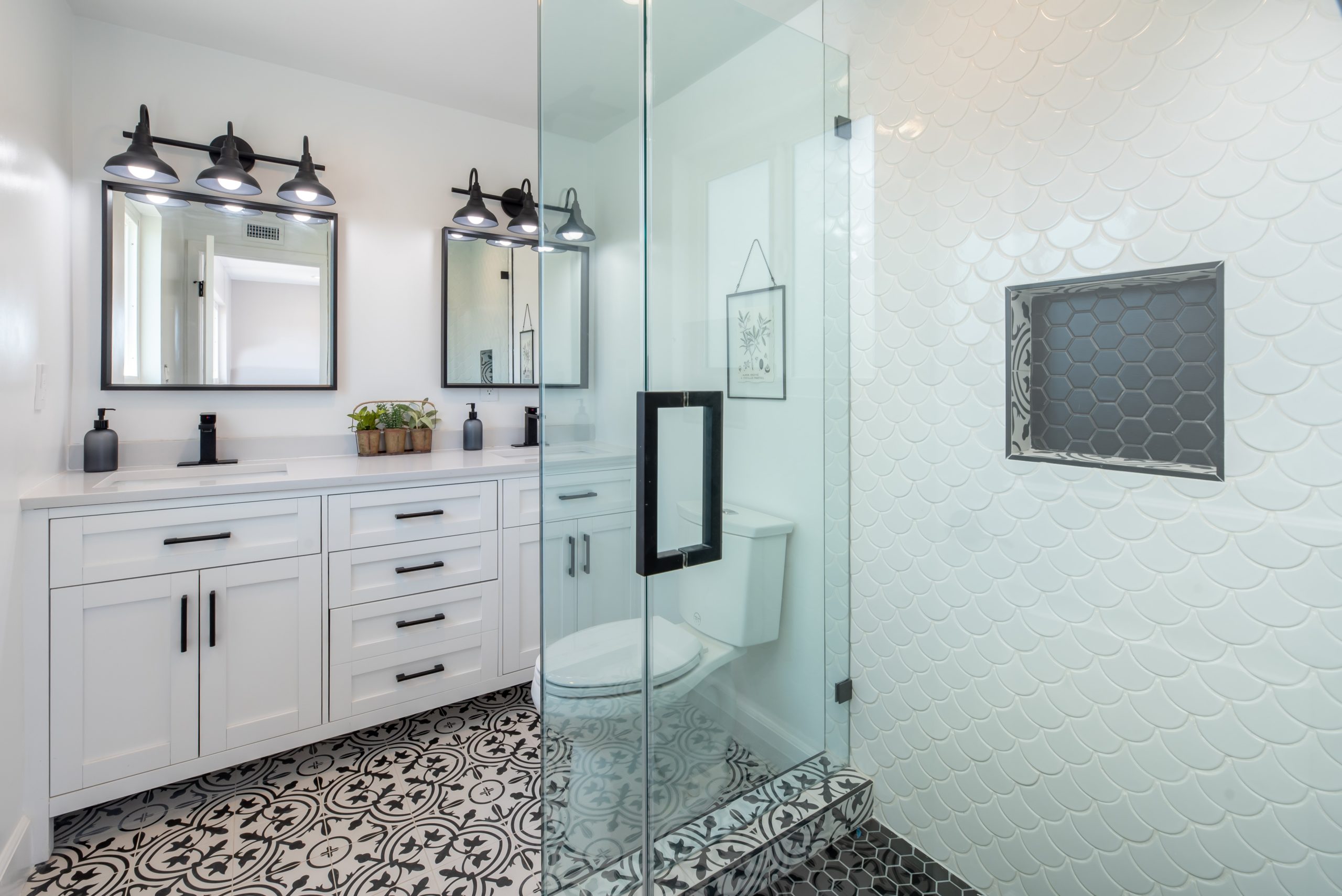


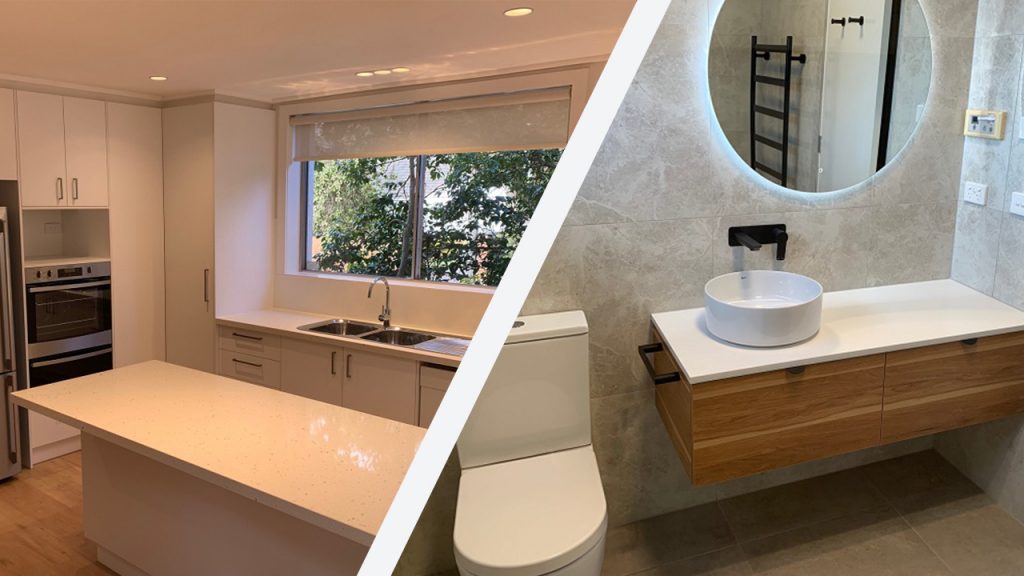

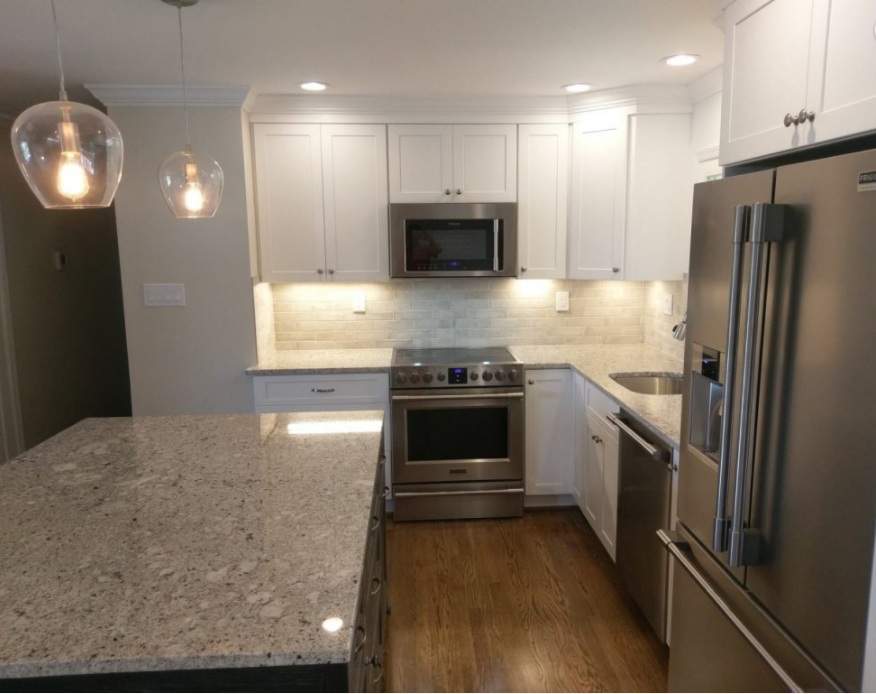
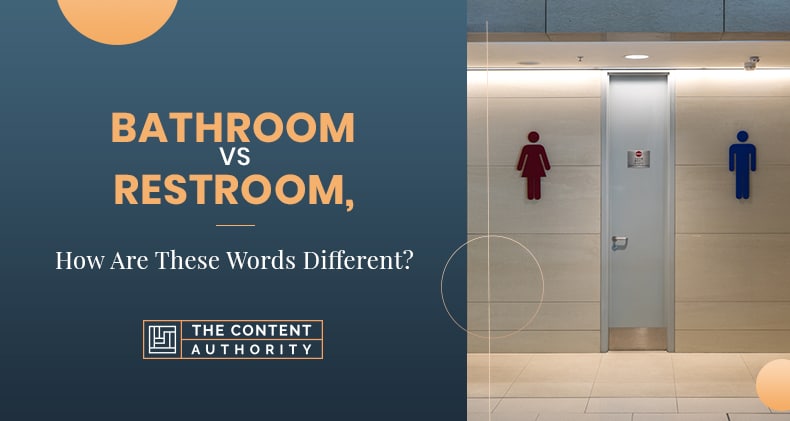

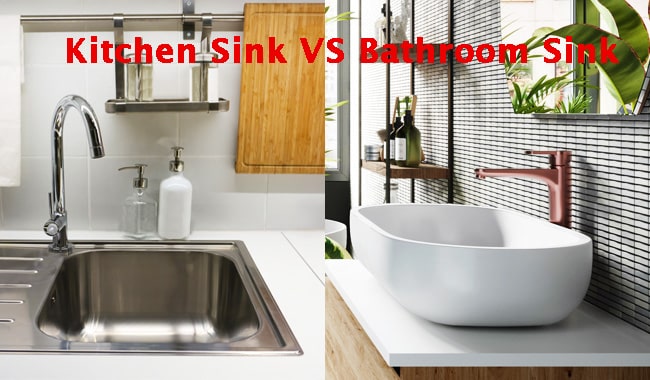

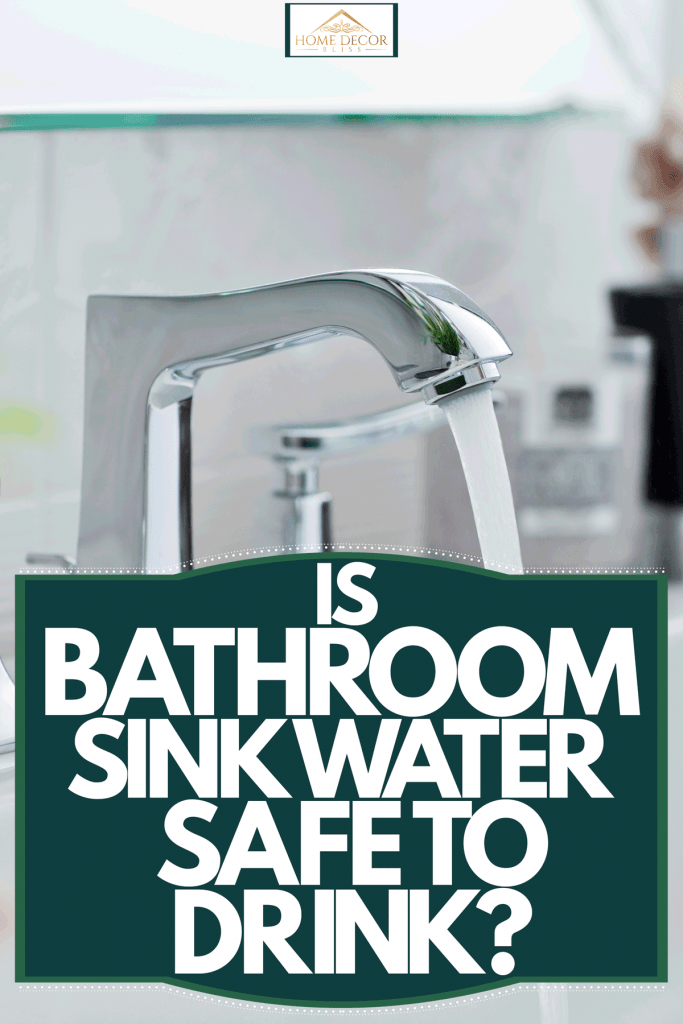



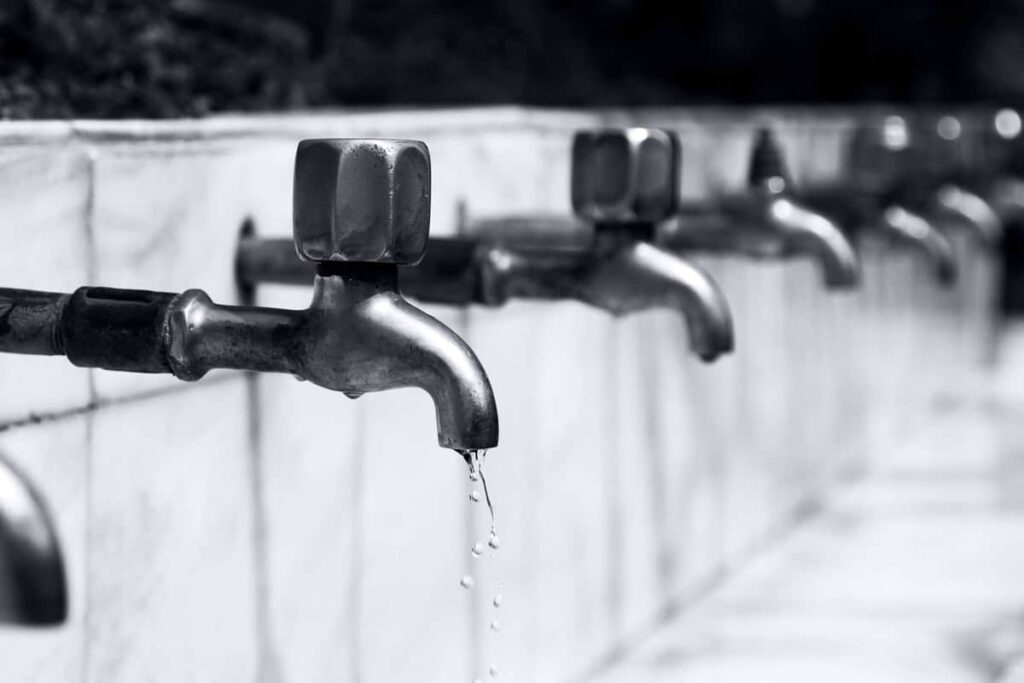

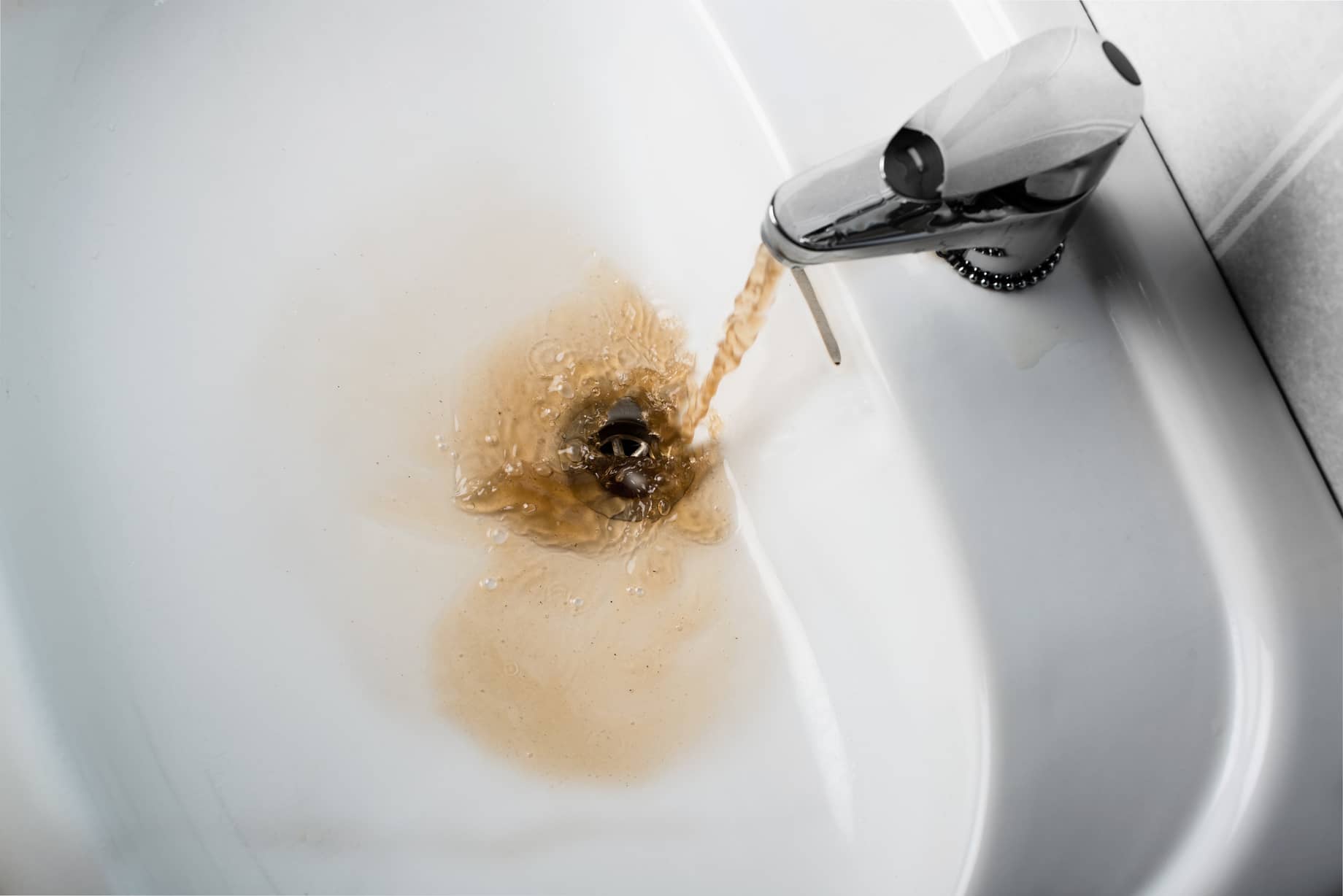






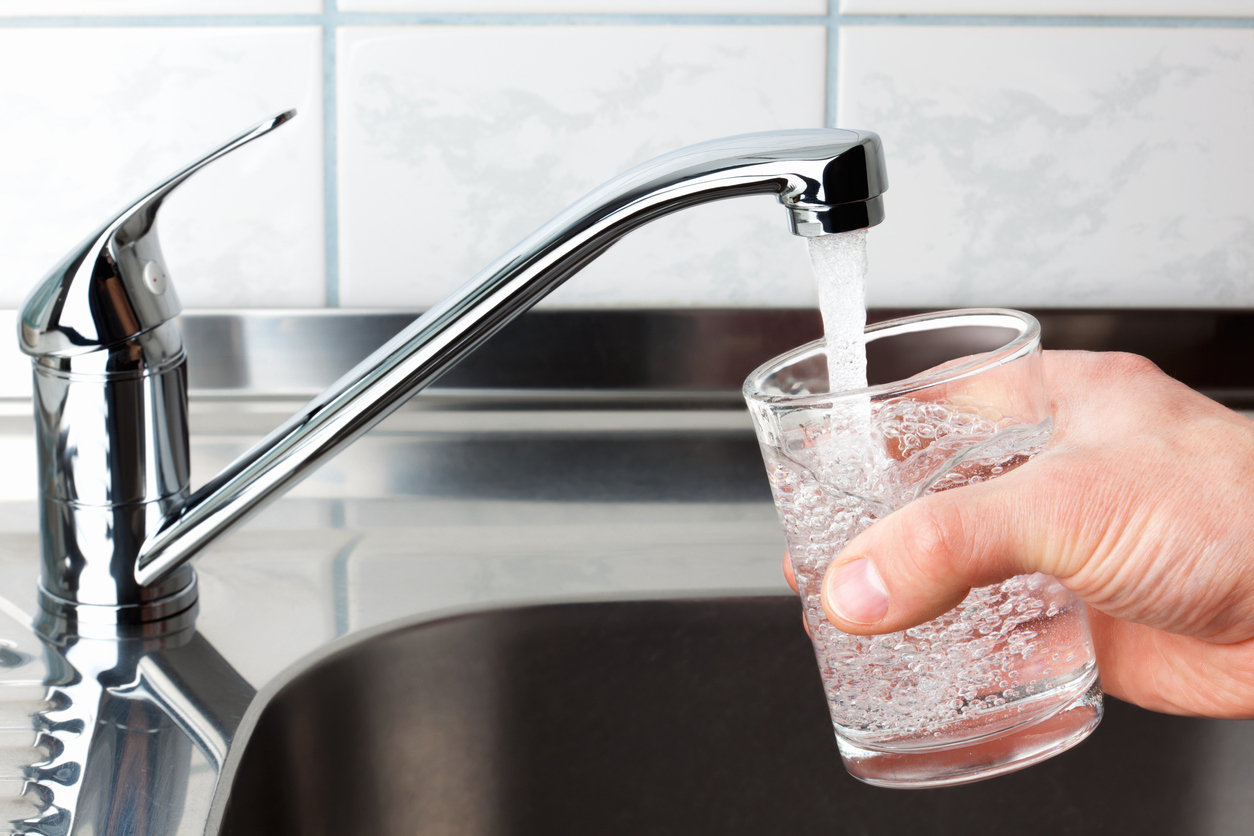








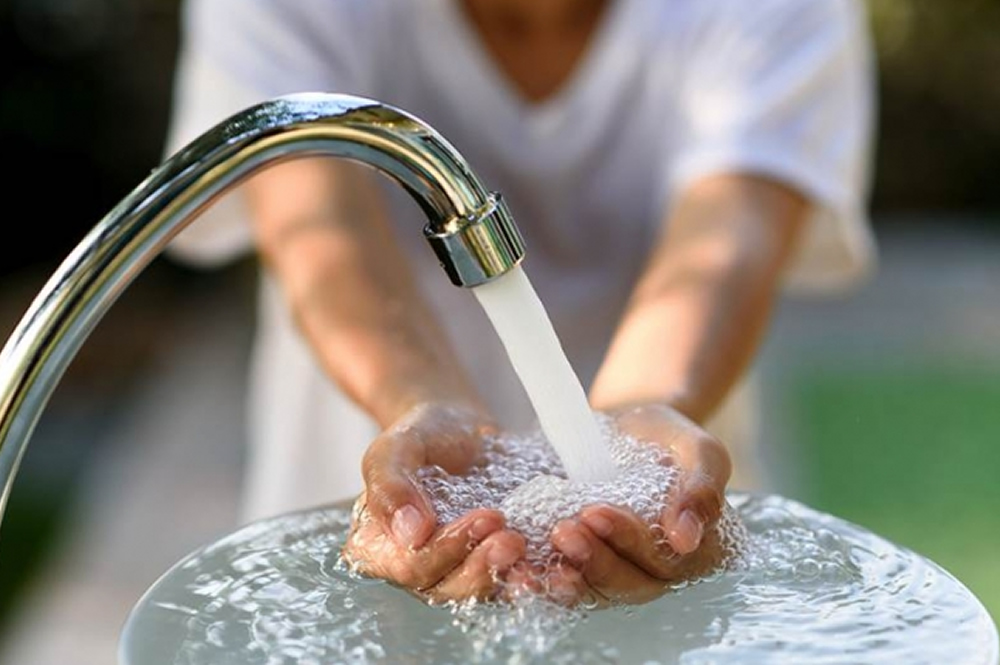

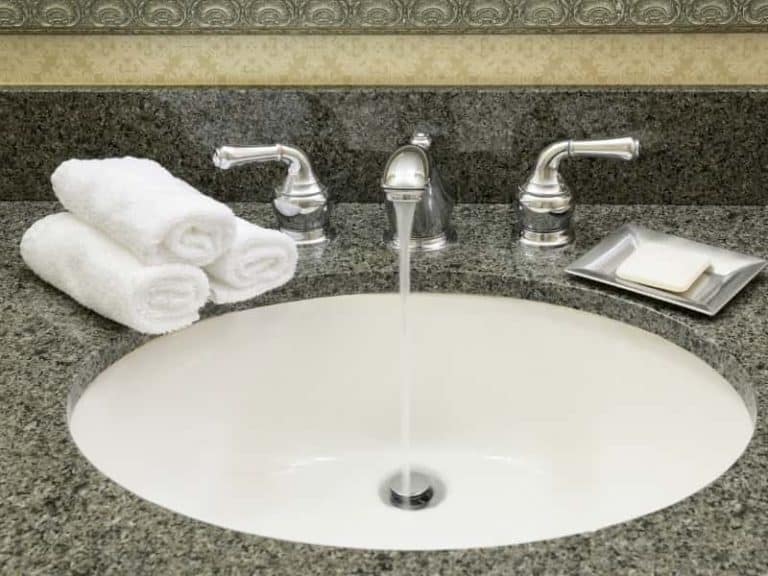
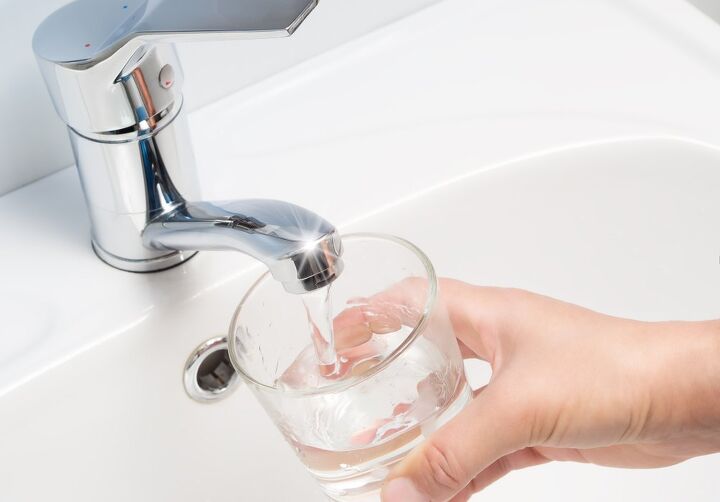
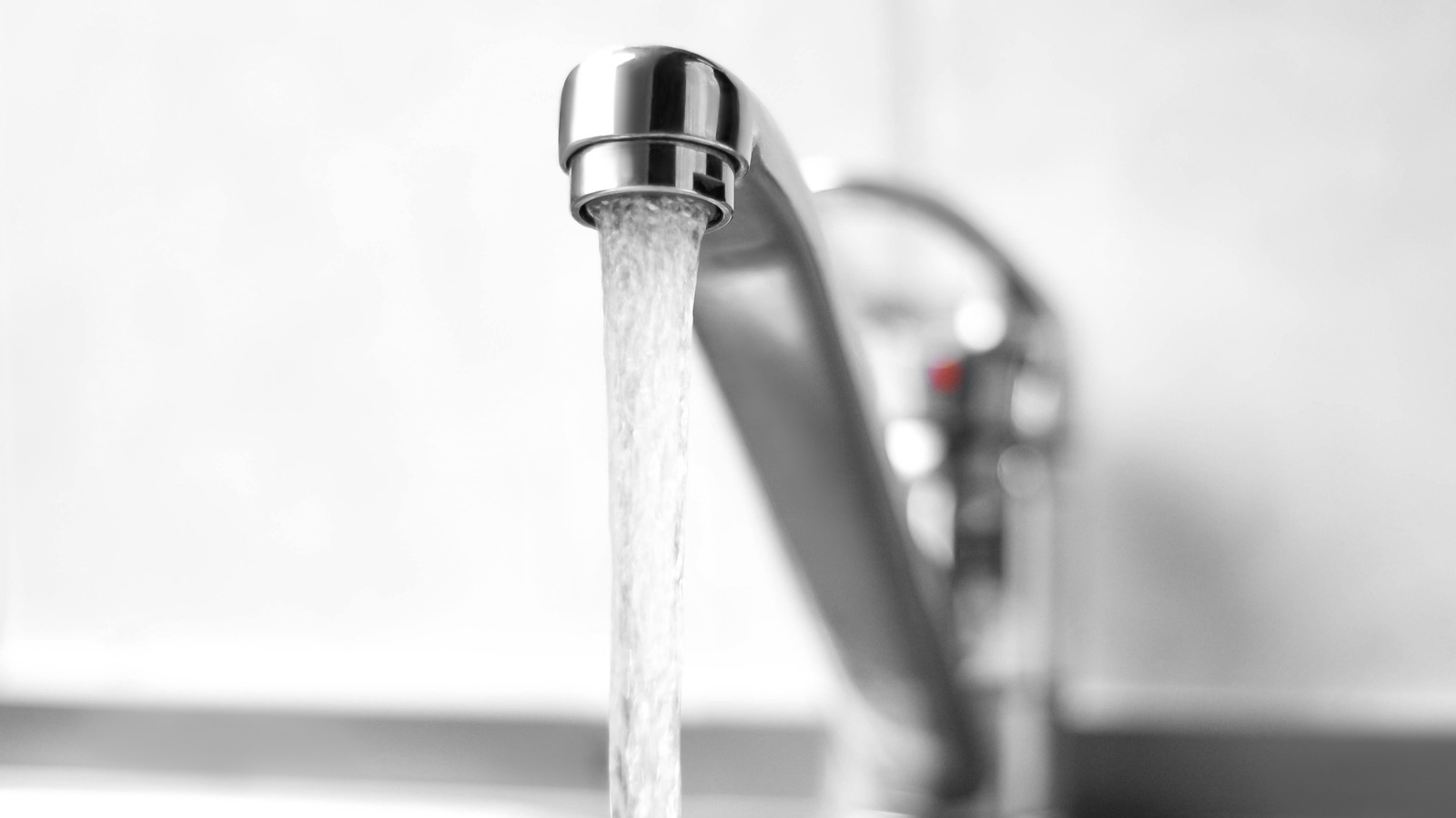

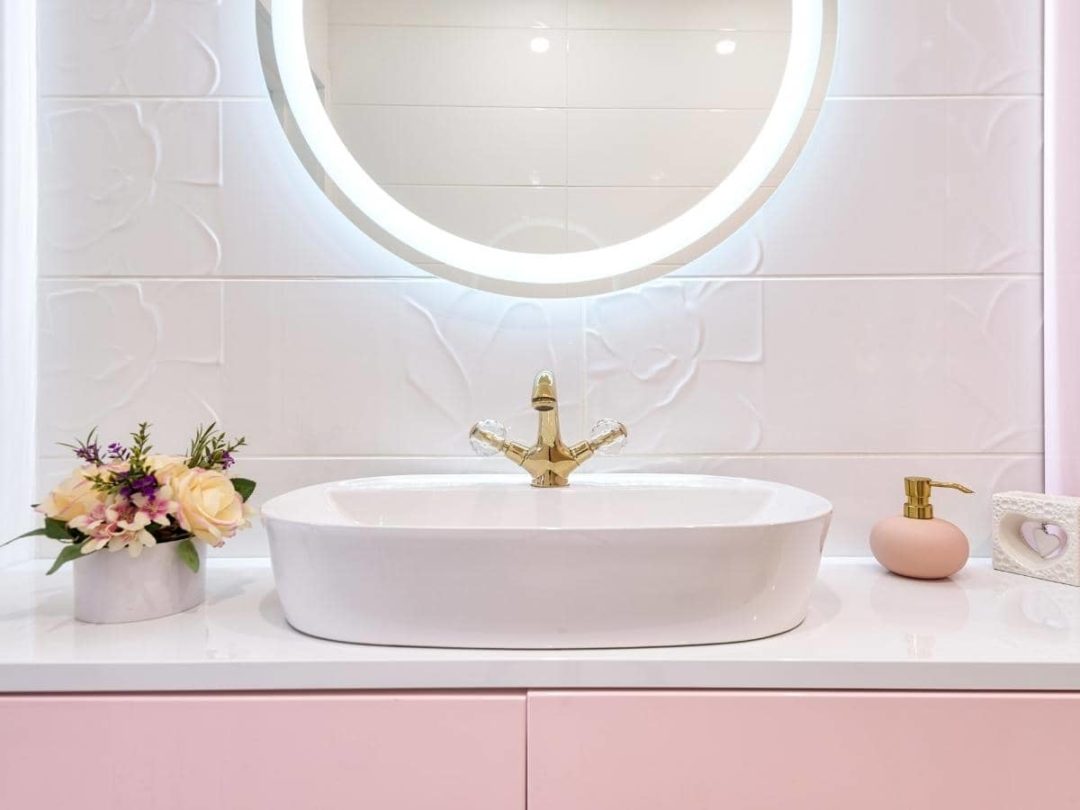




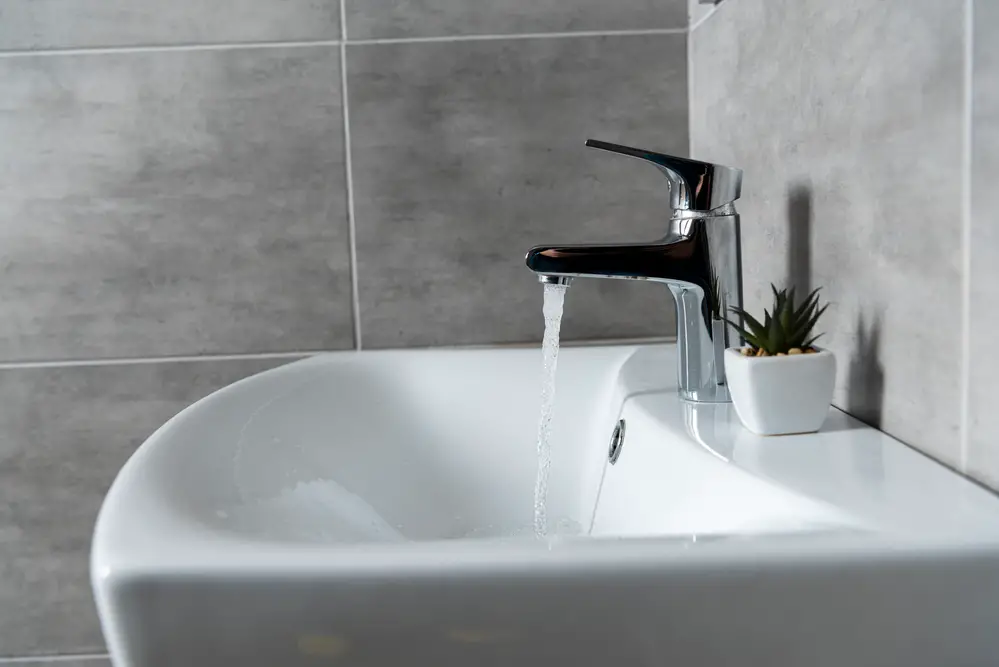
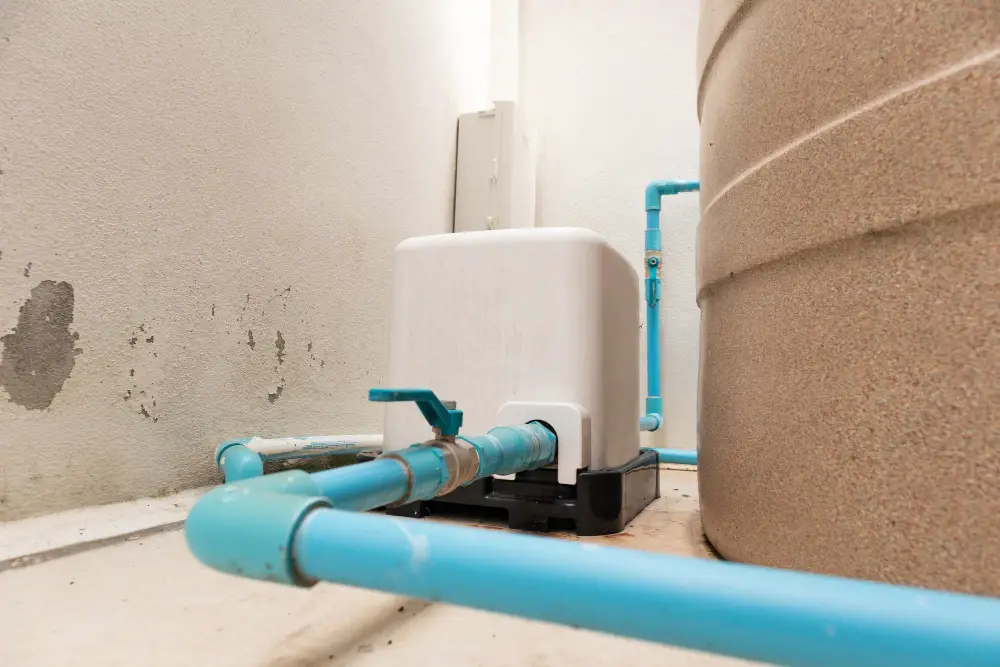





/close-up-of-overflowing-bathroom-sink-90201417-579787783df78ceb865822d8.jpg)





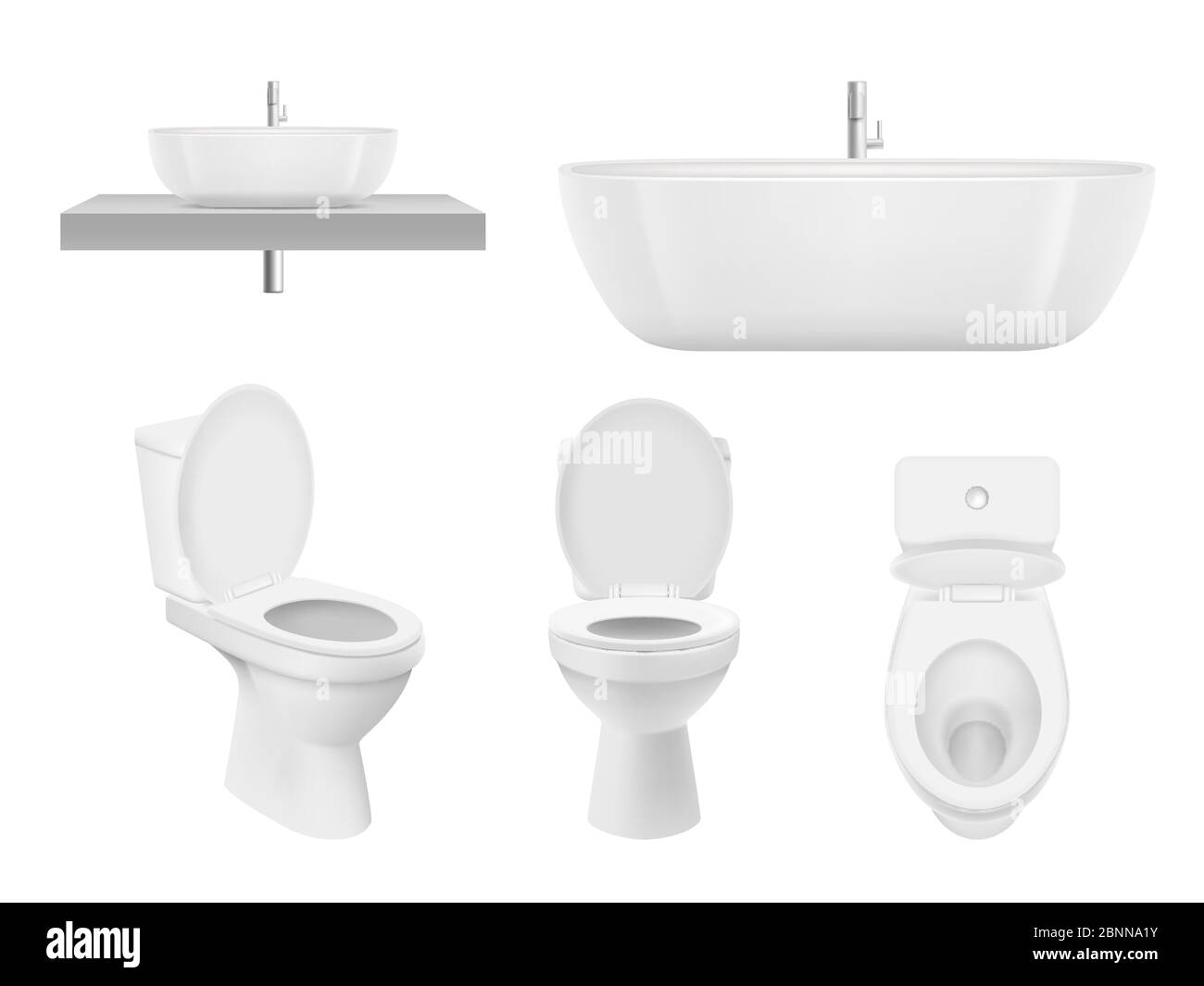
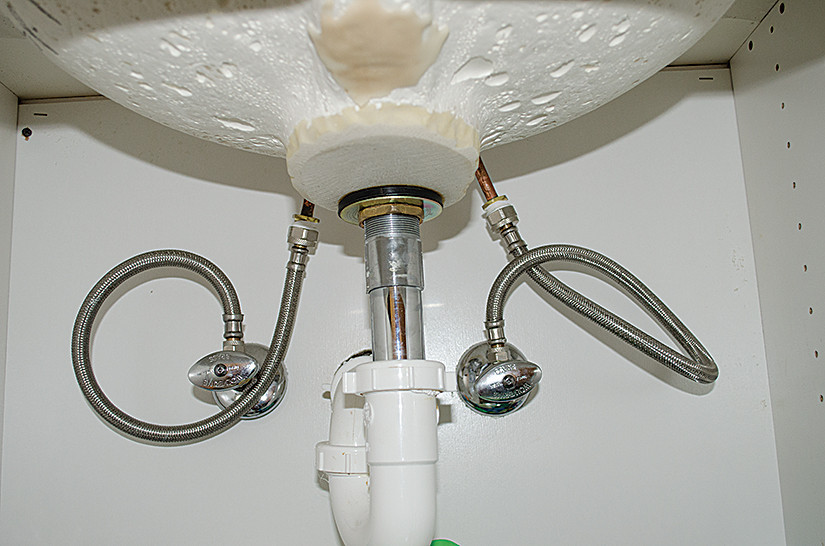





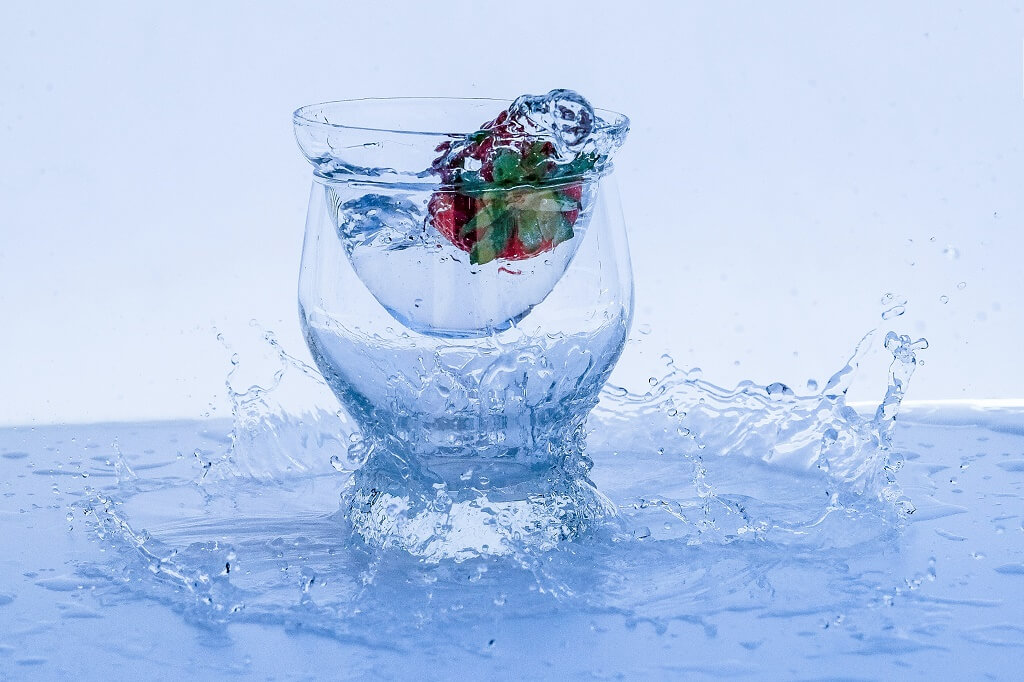


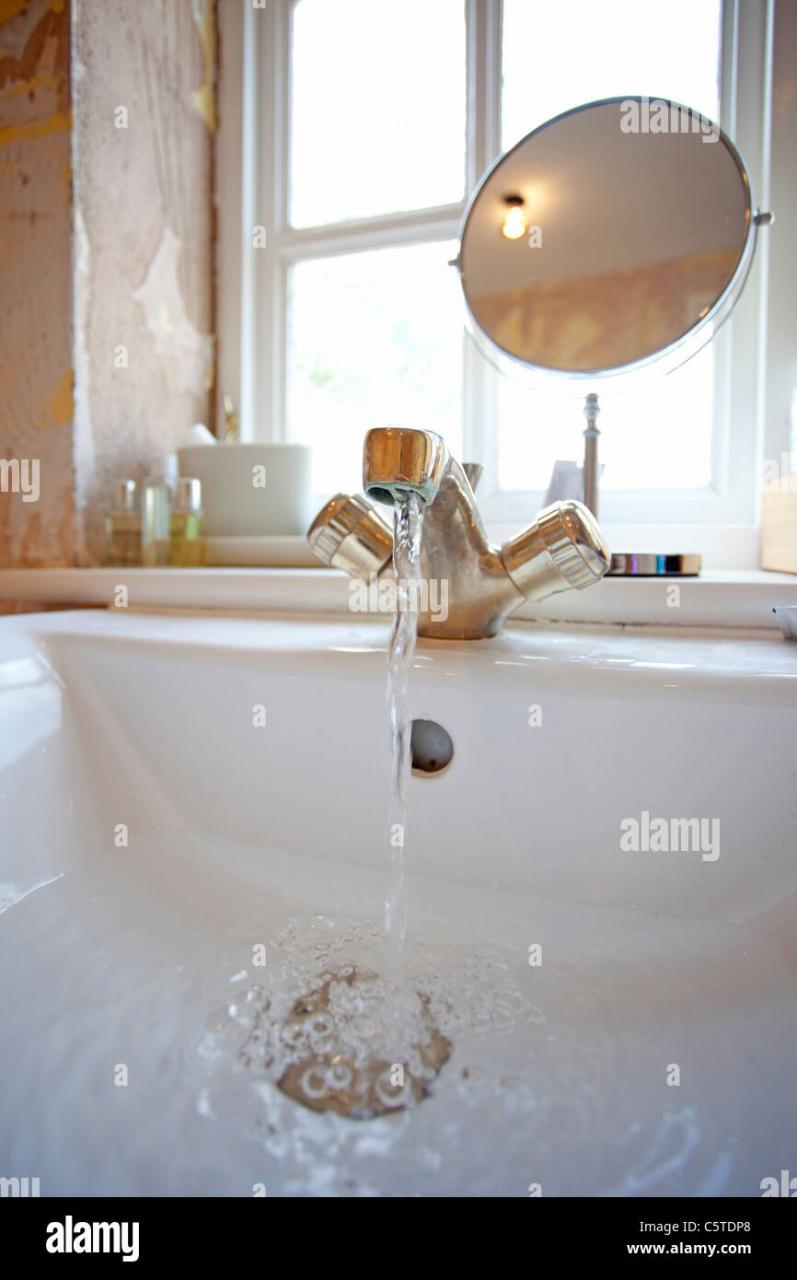
:max_bytes(150000):strip_icc()/close-up-of-overflowing-bathroom-sink-90201417-579787783df78ceb865822d8.jpg)
